Race and Ethnicity: White
Boyd, Leonard (Lynching of)
Boyle, John
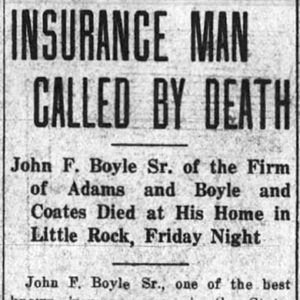 John Boyle Sr. Death Notice
John Boyle Sr. Death Notice
 Boys and Girls State
Boys and Girls State
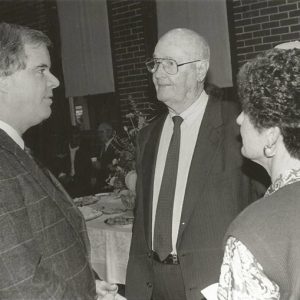 Bradford and Foster
Bradford and Foster
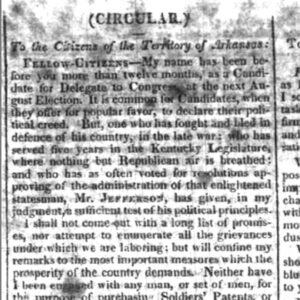 Bradford Campaign Announcement
Bradford Campaign Announcement
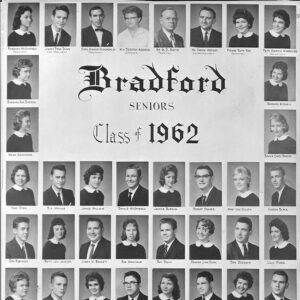 Bradford Seniors
Bradford Seniors
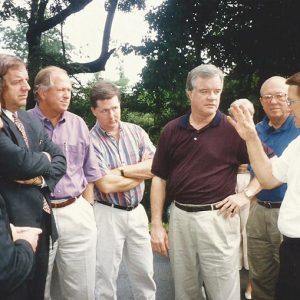 Jay Bradford
Jay Bradford
 Jay Bradford Campaigning
Jay Bradford Campaigning
Bradford, Jay T.
 Jay Bradford
Jay Bradford
 Jay Bradford Brochure
Jay Bradford Brochure
Bradford, Roark
Bradford, William
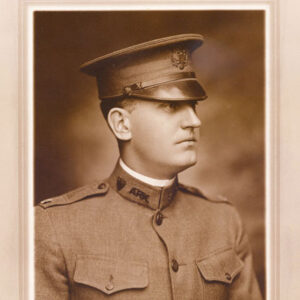 William Bradford
William Bradford
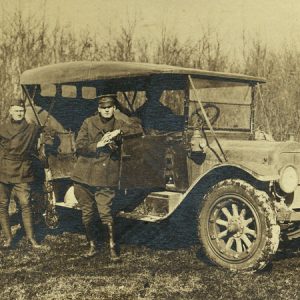 William Claude Bradford
William Claude Bradford
Bradford, William Claude
 Bradfords
Bradfords
Bradley, Thomas H.
Brake, Bud (Reported Lynching of)
Branch, Jesse Oliver
Brandon, Benton Douglas, Jr.
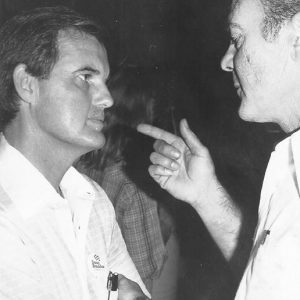 Doug Brandon
Doug Brandon
 Jamie Brandon
Jamie Brandon
Branner, John Casper
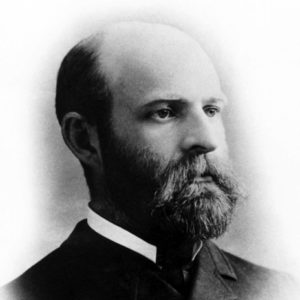 John Casper Branner
John Casper Branner
Branscum, Robbie Tilley
Brantley, Max
 Max Brantley
Max Brantley
Bratton, Samuel Isaac
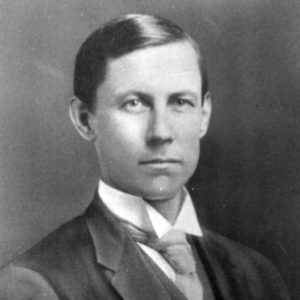 Ulysses S. Bratton
Ulysses S. Bratton
Bratton, Ulysses Simpson
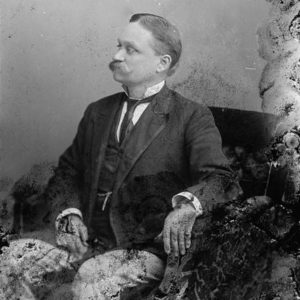 C. R. Breckinridge
C. R. Breckinridge
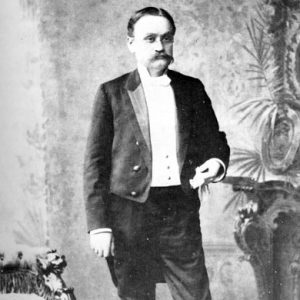 Clifton R. Breckinridge
Clifton R. Breckinridge
Breckinridge, Clifton Rodes
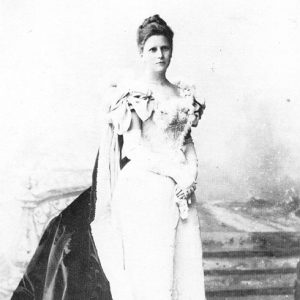 Katherine Breckinridge
Katherine Breckinridge
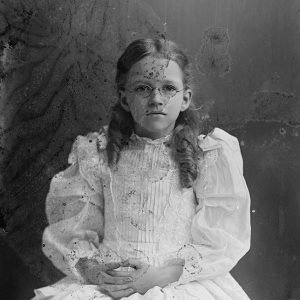 Lees Breckinridge
Lees Breckinridge
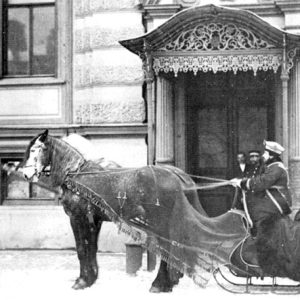 Breckinridges in Russia
Breckinridges in Russia
 Keller Breland with Otter
Keller Breland with Otter
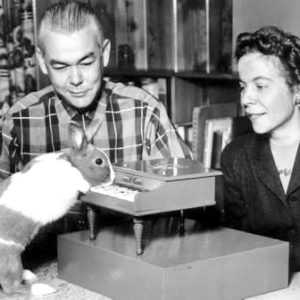 Keller and Marian Breland with IQ Zoo Rabbit
Keller and Marian Breland with IQ Zoo Rabbit
Breland, Keller Bramwell
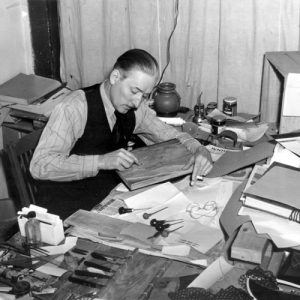 Adrian Brewer
Adrian Brewer
Brewer, Adrian Louis
Brewer, Edwin Cook
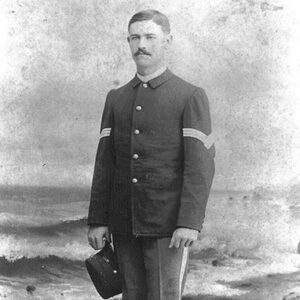 Jefferson Brewer
Jefferson Brewer
Brewer, Nicholas Richard
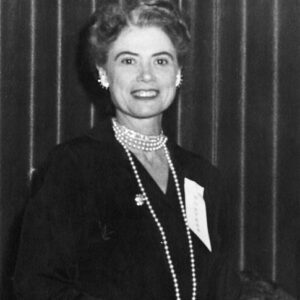 Vivion Brewer
Vivion Brewer
Brewer, Vivion Mercer Lenon
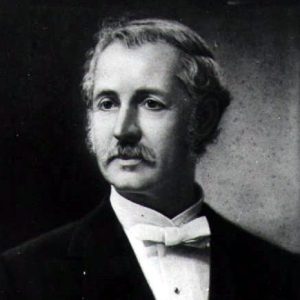 Augustus L. Breysacher
Augustus L. Breysacher




